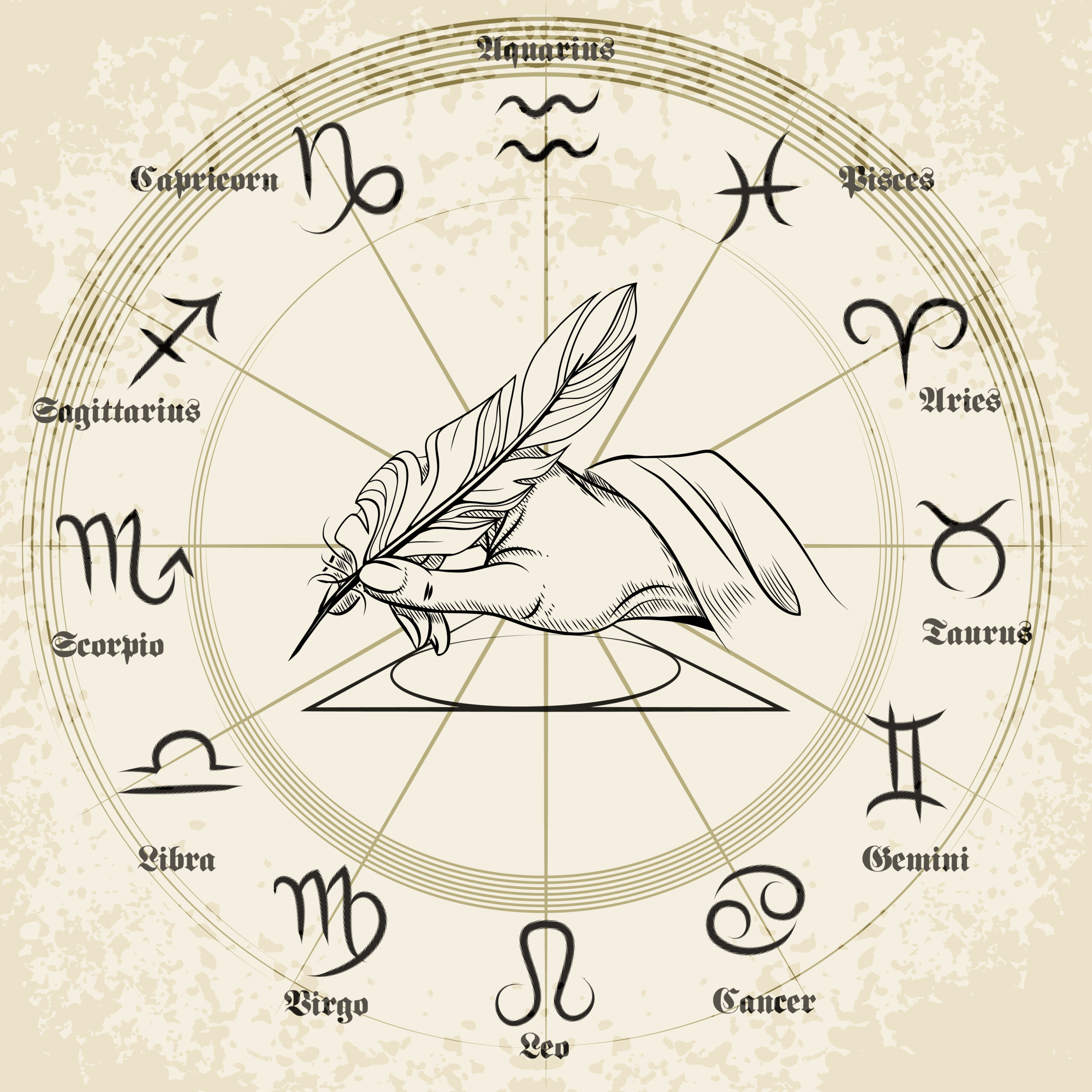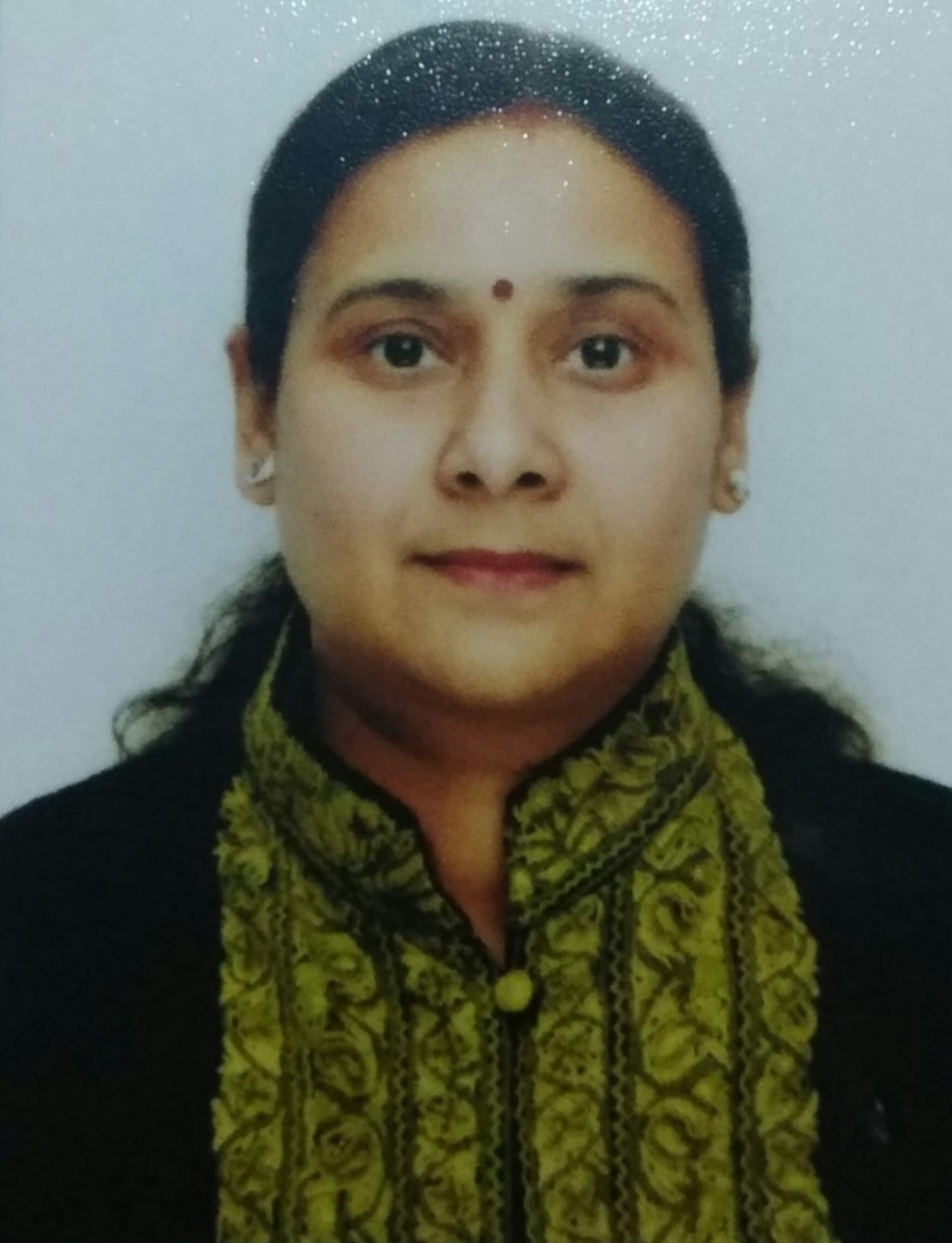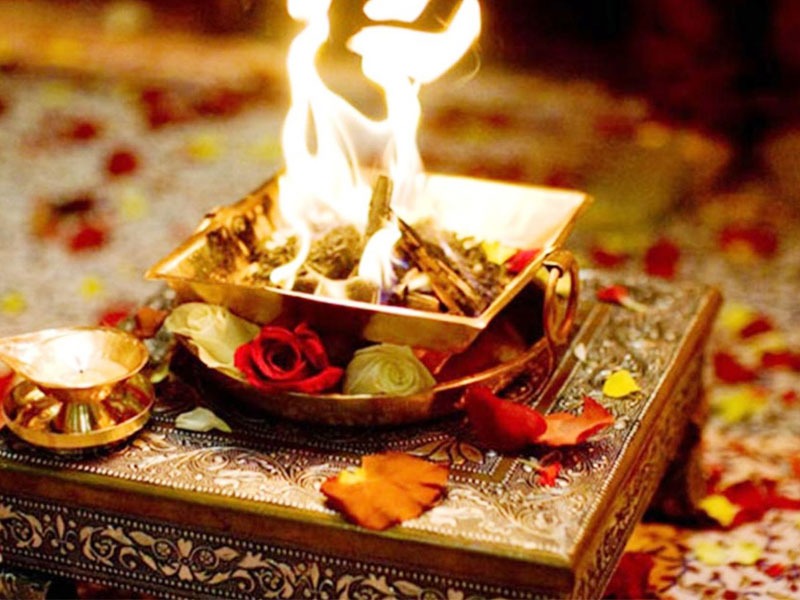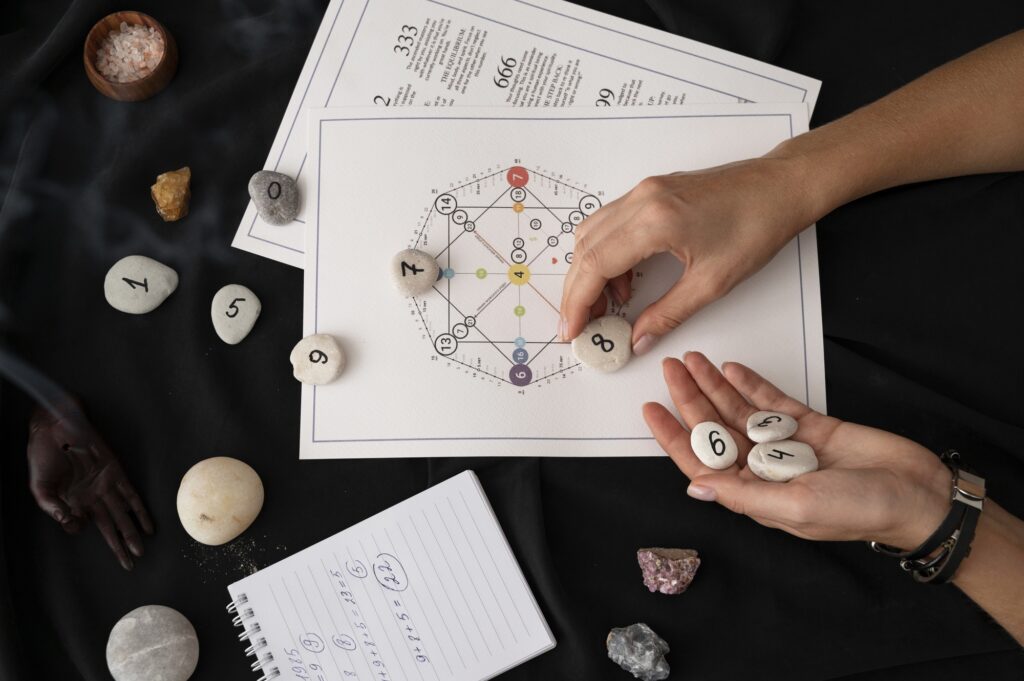

Profiles of the Founders
Himika Ghosh: Founder
Himika Ghosh is a Post Graduate in Psychology from Banaras Hindu University (BHU), and a Post Graduate in Guidance and Counselling from the Punjab University, Chandigarh.
She is also a certified Pranic Healer from the Pranic Healing Foundation, Rajasthan Chapter.
Himika has deep interest in Past Life Regression Therapy, and is a Psychological Counsellor. Her interests are counselling for OCD, Stress and Anger Management, Child and Adolescent issues, etc.
She has conducted many workshops for students at various premier colleges in the country, and for Children on Positive Thinking, Memory Enhancement, Personality Development, Stress and Anger Management, and Emotional Stability.
Her deep interest in the study of unconventional sciences, propelled her to start EVaidic Jyotish.

About EVaidic Jyotish
EVaidic Jyotish came into existence in April, 2025. It is an organization which has been set up for propagating the Vaidic System of Astrology, its related fields and their learning.
The organization was founded by Himika Ghosh, professional with vast knowledge, experience and qualification in the fields of Astrology, Numerology, Psychological Counselling and Pranic Healing.
EVaidic Jyotish plans to be a pioneer in the field of Vaidic Astrology, Numerology and Vedic Tourism. It plans to propagate the study in the field of the traditional system of Hindu Astrology, make it simple to understand, and make its benefits available to all.
We also plan to offer various courses in Astrology, Numerology, Vaastu, Prashna Shastra, Muhurta, etc. in the coming days.
Its unique proposition of “Vaidic Tourism”, proposes to take travellers and learners to various prominent Vaidic Centres across the country –like Varanasi, Rishikesh, Haridwar, Jaipur, Ayodhya. etc., where they can experience and learn about the intricacies of these ancient disciplines under the able guidance of learned authorities and experts.
Its “Online Karamkand” Services helps people to get major Poojas and Anushthaans done by learned priests, and acharyas from the cosy confines of their homes. A CD recording of the Pooja is subsequently forwarded to the client on completion of the respective Anushthaan.
EVaidic Jyotish plans to announce more such groundbreaking and pioneering astrological services in the coming days. Do stay tuned to our periodic updates.




History, Origin, Development, and Importance of Vedic Astrology
Vedic astrology, also known as Jyotish Shastra, is an ancient Indian system of astrology that dates back thousands of years. It forms a crucial aspect of the Vedic tradition, encompassing the knowledge of celestial bodies and their influence on human affairs and natural events. Vedic astrology is believed to have been passed down by sages and seers who possessed profound knowledge of the universe, aiming to understand the connection between the cosmos and individual destinies
Origin of Vedic Astrology
The origins of Vedic astrology are intertwined with the Vedic texts, particularly the Rigveda, which is one of the oldest scriptures known to humanity. The Vedas, which are the foundation of Hindu philosophy and spiritual practice, contain references to celestial bodies, their movements, and their significance. The Vedanga Jyotisha, one of the six Vedangas (limbs of the Vedas), is the earliest known work specifically focused on astrology. It was composed around 2000 BCE and was used primarily for determining auspicious times for rituals and sacrifices.
The key components of Vedic astrology, such as the twelve zodiac signs, planets, and their interrelations, were developed over centuries, with significant contributions from scholars like Sage Parashara and Sage Jaimini. Parashara, in particular, is credited with formulating the fundamental principles of Vedic astrology in his work, the Brihat Parashara Hora Shastra, which remains a core text in the study of Jyotish.
Development of Vedic Astrology
Over time, Vedic astrology evolved from a practical tool for performing religious ceremonies and agriculture to a more complex system of divination, guiding individuals in various aspects of life. The development of Vedic astrology can be divided into several key phases:
- Classical Period (1000 BCE to 500 CE): During this period, the study of astrology grew more systematic, with scholars like Varahamihira and Bhaskara making significant contributions. Varahamihira’s Brihat Samhita and Bhaskara’s Siddhanta Shiromani provided detailed frameworks for understanding planetary movements, eclipses, and astrological calculations.
- Medieval Period (500 CE to 1500 CE): This era saw the integration of astrology with other forms of Indian philosophy and astronomy. The synthesis of astrology with mathematical methods also became a key feature during this time.
- Modern Period (1500 CE to Present): The influence of Islamic astronomy and the introduction of new techniques in astrology during the Mughal period further refined Vedic astrology. In recent centuries, modern advancements in technology and computing have helped to make Vedic astrology more accessible to people around the world.
Importance of Vedic Astrology
Vedic astrology holds significant importance in both the spiritual and practical spheres of life. Its relevance is not just limited to predictions, but extends to understanding the deeper forces at work in a person’s life. Some key areas where Vedic astrology plays an important role include:
- Guidance and Decision Making: Vedic astrology helps individuals make informed decisions regarding personal, professional, and spiritual matters. By analysing the positions of the planets and their transits, it can offer advice on the right time to undertake important activities, such as marriage, starting a business, or moving to a new place.
- Spiritual Significance: For many, Vedic astrology is seen as a means to understand their soul’s journey, karmic influences, and life’s purpose. It provides a deeper understanding of one’s life path, helping individuals align with their true nature and spiritual goals.
- Health and Well-being: Vedic astrology is often used to identify potential health issues based on the planetary positions at the time of a person’s birth. It suggests remedies such as gemstones, mantras, or rituals to help mitigate negative influences and promote wellness.
- Predictive Power: One of the most popular aspects of Vedic astrology is its ability to predict future events. By analysing the natal chart (kundali), astrologers can provide insights into potential life events, from career advancements to personal relationships.
Cultural and Social Influence: Vedic astrology continues to be a part of Indian culture, influencing various rituals, festivals, and societal practices. It plays a vital role in determining auspicious dates for weddings, housewarming ceremonies, and other significant life events.
Vedic astrology, with its rich history, deep philosophical roots, and continued relevance, remains an integral part of Indian culture and spiritual practice. Its origins in the Vedas, its development over millennia, and its importance in offering insights into personal and spiritual matters showcase its enduring value. Today, Vedic astrology continues to offer guidance to millions of people, blending ancient wisdom with modern-day applications, and remains a profound tool for understanding the cosmos and its effects on human life.

